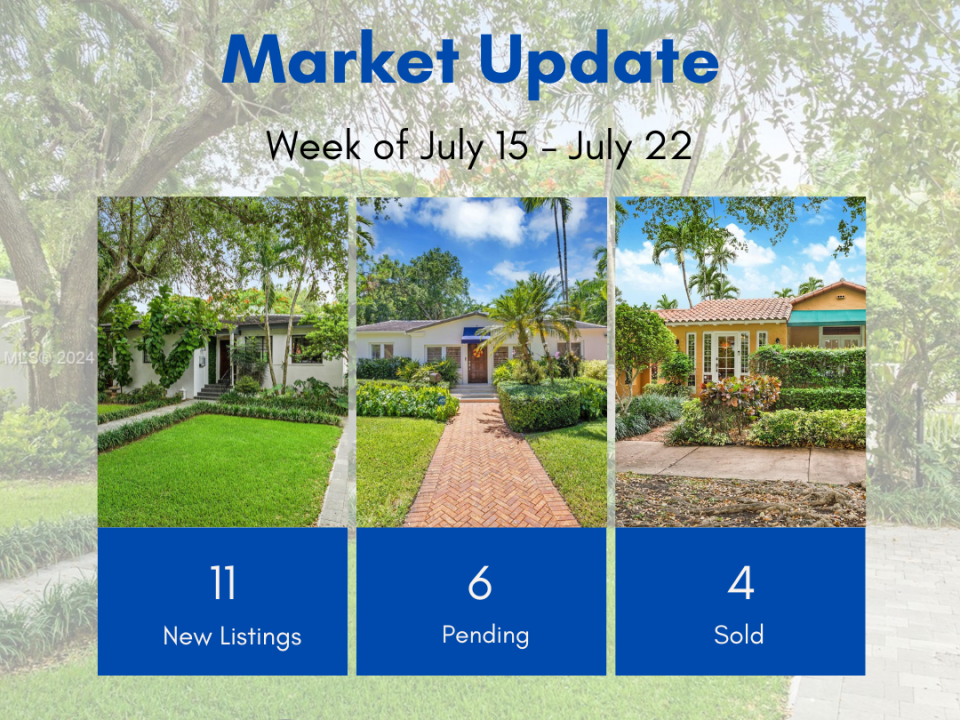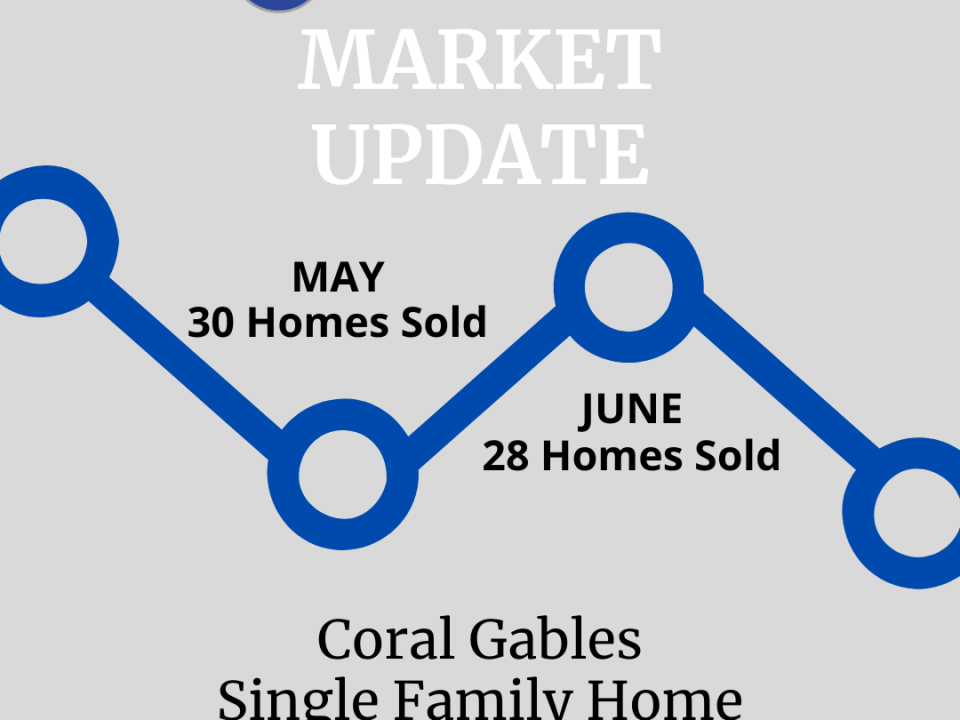
 Buying a home, especially for first-time homebuyers, is an extremely stressful experience. Add in having your offer on a home rejected, and it can be downright heartbreaking and frustrating.
Buying a home, especially for first-time homebuyers, is an extremely stressful experience. Add in having your offer on a home rejected, and it can be downright heartbreaking and frustrating.
Knowing why sellers turn down certain offers can help you understand how to make your next offer more appealing and more likely to be accepted. Consider these three common reasons most offers are rejected:
There Was Competition
One of the biggest reasons an offer – even an offer you think is fair and solid – gets rejected on a home is simply because there was additional interest in the property. Other prospective buyers could have put in a higher offer, or were preapproved for a different type of loan that the seller was more comfortable working with (some sellers, for example, will prefer buyers coming with conventional mortgages over more complicated mortgages like FHA-backed loans).
Additionally, your offer could have gone up against an offer from a cash-only buyer. Many sellers will choose an offer from someone willing to pay for the home fully in cash over a prospective buyer that requires a mortgage to finance the purchase.
The Offer Was Not Realistic
Another common, and very simple, reason that offers are rejected are because they aren’t realistic. Many buyers will attempt to make an offer that is lower than the listed price. This is acceptable, but how far under the asking price you can go will depend on the individual home you’re interested in, the comparable properties in the neighborhood, and the current housing market.
Go too far below the list price, and your offer may be flat-out rejected. Sellers won’t be interested in negotiating with buyers that clearly do not understand the real value of the home or the market at large.
If you’re having trouble getting any offer accepted on properties you’re interested in, and have constantly been putting in bids far below the purchase price, you might need to consider searching for a home in a lower price range.
Remember, you’ll have more wiggle room to negotiate in a buyer’s market: there is a large supply of homes for sale and a low demand. If it’s a seller’s market – or if the supply of homes listed for sale is low and the demand is high – lowball offers are likely to be completely rejected. Your offer doesn’t have to be the exact same as the asking price, but it does need to be fair and reasonable.
You Haven’t Been Pre-Approved, or You Have Complicated Terms
Sellers are unlikely to be comfortable in accepting an offer from a potential buyer, only to have the deal fall through when the buyer is refused for a mortgage loan. Getting pre-approved demonstrates that you are ready to purchase a home, but that you already have the financial backing of a lender.
Your offer might also be rejected if it comes to the table with a lot of complicated terms. Perhaps you need to sell your own home first, or you don’t actually have your full down payment yet. These types of conditions can make sellers wary, especially if other buyers are interested and seem to be easier to deal with.
Be fully prepared to purchase before you make your offer, and you’re more likely to have that offer accepted. Also, keep in mind that this can work the other way around – the seller might have lots of terms and obligations that buyers need to meet (they might need a three-month closing period, for example). If you’re extremely interested in the home and want to make your offer more likely to be accepted, be flexible and willing to work with the seller’s needs.
Getting a fantastic deal is a priority for many potential homebuyers, but it’s important to remember that the seller is someone just like you. They have financial needs and goals, as well, and if you consider what they’re looking to gain from the situation, you’ll have an easier time developing an offer that works well for both you and the seller.
Union Mortgage has some of the lowest mortgage rates. Apply today and find out how much you could be saving on time and money.
This blog has been provided by Union Mortgage Investment Group

6705 Red Road Suite 508 Coral Gables, FL 33143
305.598.9896 (Office)
http://www.unionmtg.net/





